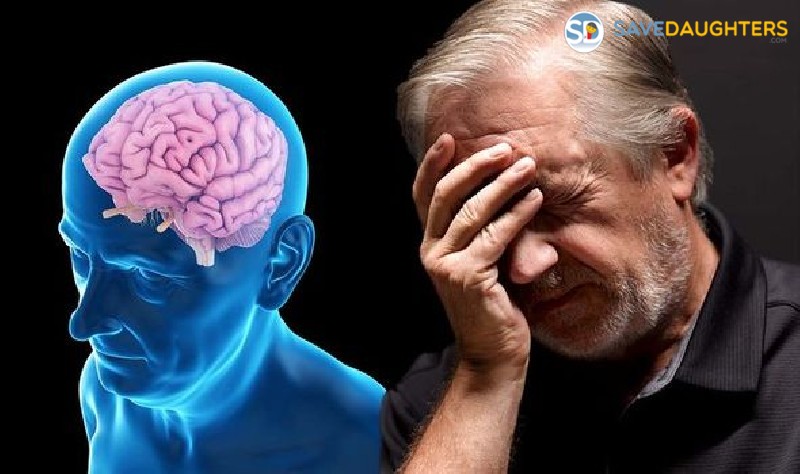
Reports from the doctors at Johns Hopkins University and Harvard indicate that Joe Biden's dementia is in the moderate stage and might linger for many years. At this point, damage to Joe Biden's nerve cells in the brain can make it impossible for him to express himself and execute basic tasks without assistance.
Is President Biden, at 81, too old to run for president? Does his chronological (calendar) age imply that he will not be able to serve another four-year term? Are allegations of cognitive deterioration valid?
These and other age-related topics have come up during this election season because, let's face it, Biden (and Trump) are the two oldest presidents in the history of the United States. If either is elected in 2024, they will shatter the presidential longevity record again. The debate about the presidential age is reaching a fever pitch and shows no signs of abating.
Joe Biden has suffered from dementia for several years. His symptoms began with moderate memory loss but have progressively deteriorated over time. Joe Biden is now having difficulties recalling recent events, as well as feeling confused and disoriented, and his demeanor has altered slightly.
Joe's treatment plan involves a number of activities, including memory exercises, cognitive stimulation therapy, and social support groups. These exercises help Joe retain his cognitive function and increase his overall quality of life.

Dementia is a broad term for severe memory, language, problem-solving, and other cognitive impairments that interfere with everyday living. It results from damage to brain cells that impairs their capacity to communicate with one another.
There are other varieties of dementia, but Alzheimer's disease is the most prevalent. Other kinds of dementia include vascular dementia, dementia with Lewy bodies, and frontotemporal dementia.
Dementia is not a natural aspect of aging. Several variables contribute to its occurrence, such as:
Alzheimer's disease
Vascular Dementia
Dementia with Lewy Bodies
Frontotemporal dementia
Parkinson's disease
Huntington's disease
Multiple Sclerosis
Stroke
Traumatic Brain Injury
Substance Abuse
Infections
Tumors
Alzheimer's is a degenerative illness that gradually kills brain cells, resulting in memory loss, disorientation, and behavioral problems. It is the leading cause of dementia, accounting for 60–80% of cases.
Alzheimer's disease is assumed to result from a mix of hereditary and environmental causes. The specific origin is unknown, but experts suspect it is due to an accumulation of amyloid plaques and tau tangles in the brain.
Amyloid plaques are deposits of the protein amyloid beta. Tau tangles are twisted fibers of the protein tau. These plaques and tangles hinder communication between brain cells, eventually causing them to die.
The signs and symptoms of Joe Biden's dementia and Alzheimer's disease differ depending on the stage of the disease. In the early stages, symptoms may be minor and difficult to detect. As the condition advances, symptoms worsen and might interfere with normal activities.
Some frequently received signs of dementia and Alzheimer's disease are:
Memory loss
Confusion
Difficulty with problem-solving and decision-making
Difficulty with language
Difficulty with spatial reasoning
Changes in mood and behavior
Difficulty with activities of daily living, such as bathing, dressing, and eating
The diagnosis of dementia and Alzheimer's disease
There is no one test to determine whether Joe Biden has dementia or Alzheimer's disease. Doctors often diagnose dementia using a medical history, physical exam, and cognitive testing.
Cognitive exams evaluate memory, reasoning, and language abilities. Doctors may also request imaging tests, such as an MRI or CT scan, to check for symptoms of brain injury.
There is no treatment for Joe Biden's dementia or Alzheimer's. However, there are medicines available to assist control symptoms and enhancing the quality of life.
There are several treatment options for dementia and Alzheimer's disease.
Medications & Therapy
Lifestyle changes
Medications can aid with memory, thought, and conduct. Therapy can help persons with dementia manage the disease's symptoms while still maintaining their independence. Lifestyle adjustments, such as eating a nutritious diet, exercising frequently, and getting enough sleep, can all assist in enhancing quality of life.

.webp)